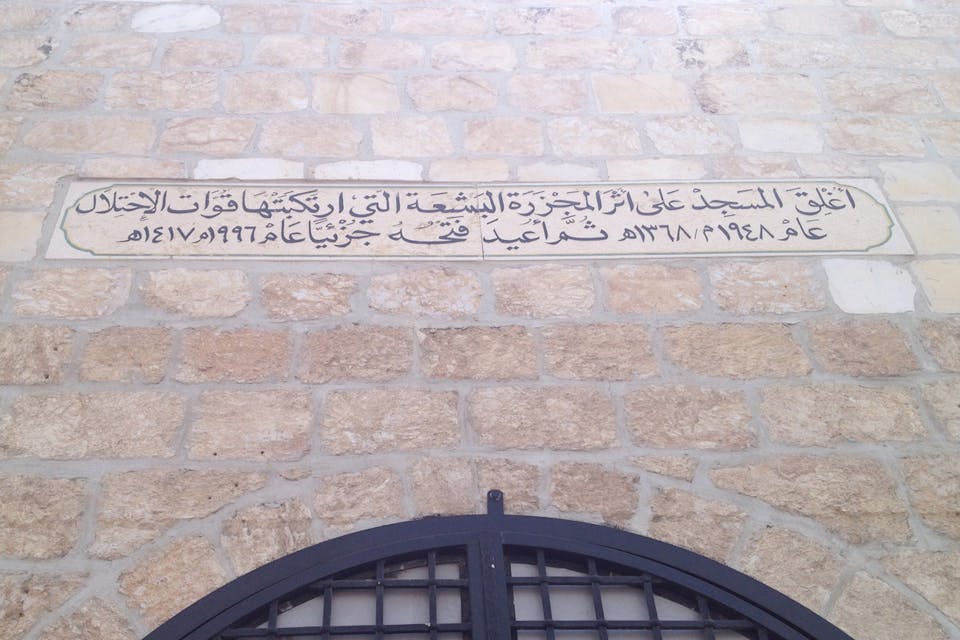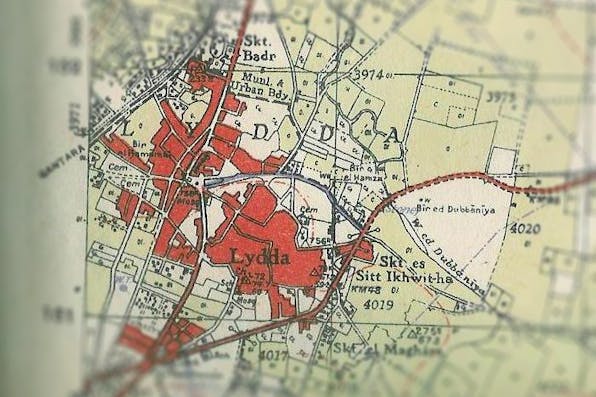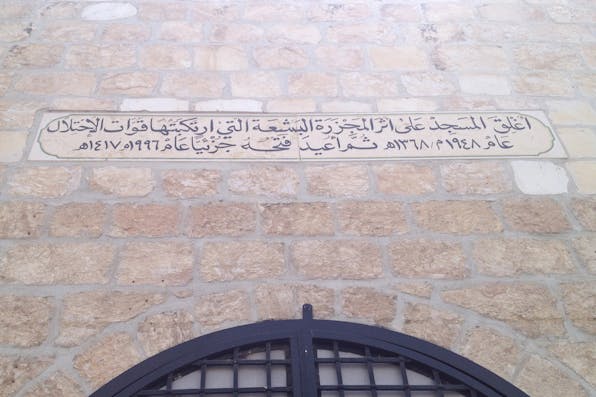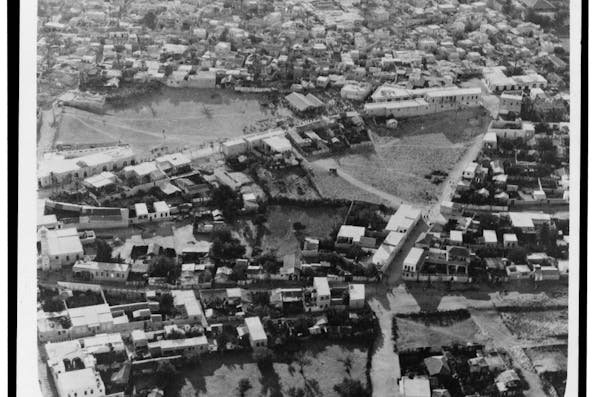
July 21, 2014
Distortion and Defamation
The treatment of Lydda by Ari Shavit and my respondent Benny Morris has consequences even they didn’t intend.
The entry of historians into the debate over Ari Shavit’s Lydda chapter, in his bestselling book My Promised Land, constitutes progress. Efraim Karsh and Benny Morris, who for decades have been in almost continuous dispute over the events of 1948, seem to have converged in opposition to Shavit’s turning the July 1948 events in Lydda into the “black box” of the 1948 war and of Zionism. In response to my essay, Karsh writes: “Lydda was one of the very few exceptions that proved the rule, not—as Shavit argues—the rule itself.” And Morris concurs: Shavit “defined ‘Lydda’ as the key to Zionism. Well, it isn’t and it wasn’t. . . . Lydda wasn’t representative of Zionist behavior.”
But that’s where the convergence over Lydda ends. Karsh congratulates me for “putting to rest the canard of an Israeli massacre of Palestinian Arab civilians in that city in July 1948.” Morris condemns me for “effectively denying” that the expulsion of the city’s inhabitants “was preceded by a massacre, albeit a provoked one.”
It would have been quite an accomplishment to put to rest the “massacre” claim or “effectively” disprove it. My purpose was more modest. I sought to plant a seed of doubt regarding Shavit’s baroque narrative of it, using the same range of oral sources he used. This I believe I have done, and as long as Shavit remains silent, that seed of doubt should grow.



